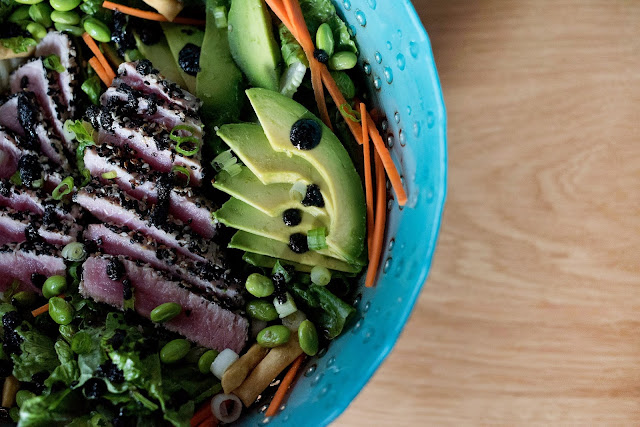What Is A Keto Diet?
The keto diet is a low carb, high-fat diet, which has many health benefits.
Many studies show that it is very effective in losing weight.
Ketogenic diets may even have benefits against diabetes, cancer, epilepsy, and Alzheimer’s disease.
Keto diet involves a dramatically decreasing carbohydrate diet and replacing it with fat. Which drives your body to ketosis metabolism.
When this happens our body burns excess fat for energy. It also turns fat into ketone which is fuel to our brain.
What Are Types Of Keto Diet
These are some of the types of a keto diet.
- Standard ketogenic diet (SKD): This is a very low-carb, moderate-protein, and high-fat diet. It typically contains 75% fat, 20% protein and only 5% carbs
- Cyclical ketogenic diet (CKD): This diet involves periods of higher-carb refeeds, such as 5 ketogenic days followed by 2 high-carb days.
- Targeted ketogenic diet (TKD): This diet allows you to add carbs around workouts.
- High-protein ketogenic diet: This is similar to a standard ketogenic diet, but includes more protein. The ratio is often 60% fat, 35% protein, and 5% carbs.
Keto Diet And Diabetes
Keto diet helps you lose excess fat which is highly related with type 2 diabetes mellitus.
The keto diet can boost insulin sensitivity and cause fat loss, which leads to significant health benefits for people with type 2 diabetes.
More Benefits Of Keto Diet
The keto diet has many health benefits to many other health conditions such as epilepsy.
- Heart disease: The ketogenic diet can improve risk factors like body fat, HDL cholesterol levels, blood pressure and blood sugar.
- Cancer: The diet is currently being used to treat several types of cancer and slow tumor growth.
- Alzheimer’s disease: The keto diet may reduce symptoms of Alzheimer’s disease and slow its progression.
- Epilepsy: Research has shown that the ketogenic diet can cause massive reductions in seizures in epileptic children.
- Parkinson’s disease: One study found that the diet helped improve symptoms of Parkinson’s disease.
- Polycystic ovary syndrome: The ketogenic diet can help reduce insulin levels, which may play a key role in polycystic ovary syndrome.
- Brain injuries: One animal study found that the diet can reduce concussions and aid recovery after brain injury.
- Acne: Lower insulin levels and eating less sugar or processed foods may help improve acne.
Examples Of Foods That Are Included In A Keto Diet
- Meat
- Fatty Fish
- Cheese
- Butter and Cream
- Avocados
- Eggs
- Nuts And Seeds



Comments
Post a Comment